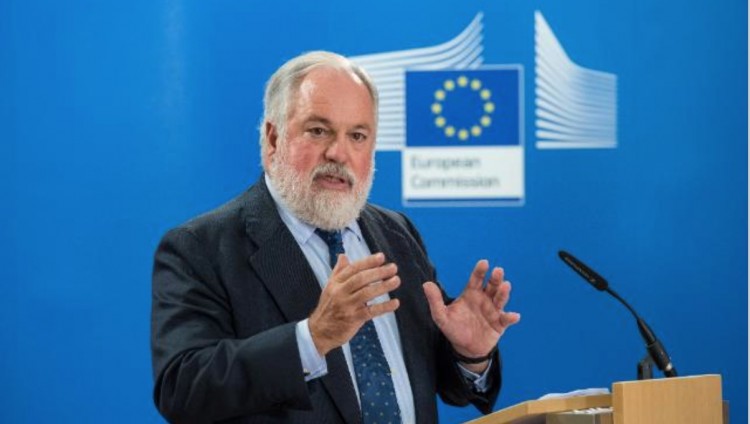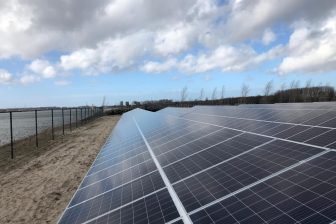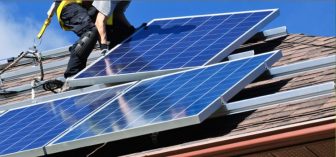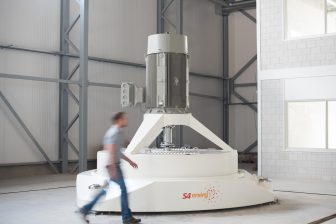Europese Commissie slaat alarm over trage aanloop Parijs

21 augustus 2015 – De Europese Commissie slaat alarm. De voorbereiding voor de klimaattop in Parijs moet sneller en beter, stelt eurocommissaris Miguel Arias Cañete.
De technische onderhandelingen moeten sneller, landen moeten over de brug komen met hun bijdrage aan CO2-reductie en er moet worden afgesproken welke elementen er in het uiteindelijke akkoord moeten komen om het een succes te maken. Dat zei eurocommissaris Miguel Arias Cañete, verantwoordelijk voor klimaatbeleid, donderdag op een bijeenkomst voor de pers.
Uit de toespraak van Cañete, van de website van de Europese Commissie
‘(…) In just over 100 days, we will meet in Paris for one of the most important events of the year: the adoption of a new global climate change agreement. (…) But the window of opportunity to meet our target of keeping the global temperature rise below 2 degrees is closing fast. (…)’
Cañete uit drie zorgen.
- De onderhandelingen over de technische invulling gaan te traag.
‘(…) Negotiators will need to get straight down to the substance in August. They will need to start looking for areas of convergence and identify issues that will need to be resolved by Ministers. These include differentiation of the responsibilities and capabilities of the countries, the legal form of the agreement, the transfer of technology or support to developing countries, to mention just a few. This will require all countries to show flexibility in their positions and a willingness to seek compromise and move beyond their comfort zones.
- Te weinig landen hebben hun ‘bijdrage’ aan CO2-reductie ingediend.
‘(…) The European Union was the first major economy to submit its contribution in March – a binding, economy-wide emissions reduction target of at least 40% by 2030, compared to 1990 levels. This is the most ambitious contribution presented to date.
The good news is that, after a slow start, more and more countries are submitting their contributions: so far, 56 countries representing 61% of current global emissions. (…)
But the not so good news is that the current contributions still represent only around a quarter of all countries. Key G20 countries such as Argentina, Brazil, India, Indonesia, Saudi Arabia, South Africa and Turkey must submit their intended contributions without delay. (…)’
- Een akkoord komt er wel, zegt Cañete. Maar om het een succes te maken, moeten er een paar belangrijke elementen in staan. Volgens Cañete zijn dat de volgende vier.
- Grote actiebereidheid, met name van de grootste vervuilers;
- Vijfjaarlijkse evaluatie van de voortgang;
- Duidelijk langetermijndoel: wereldwijde emissies minstens 60 procent lager in 2050 en op nul of eronder in 2100;
- Afspraken juridisch bindend maken.
‘The world is waiting for a new global climate change agreement. We must deliver’, zo sloot Cañete af.
Bronnen
Europese Commissie, 20 augustus 2015: EU press briefing, Brussels, 20 August, 2015
EurActiv, 20 augustus 2015: EU anxious ahead of COP21 conference
Financial Times, 20 augustus 2015: EU urges speeding of efforts to clinch global climate deal
Financieele Dagblad, 20 augustus 2015: Europese Commissie slaat alarm over klimaatonderhandelingen
Foto: Europese Commissie (Cañete tijdens perspresentatie)



